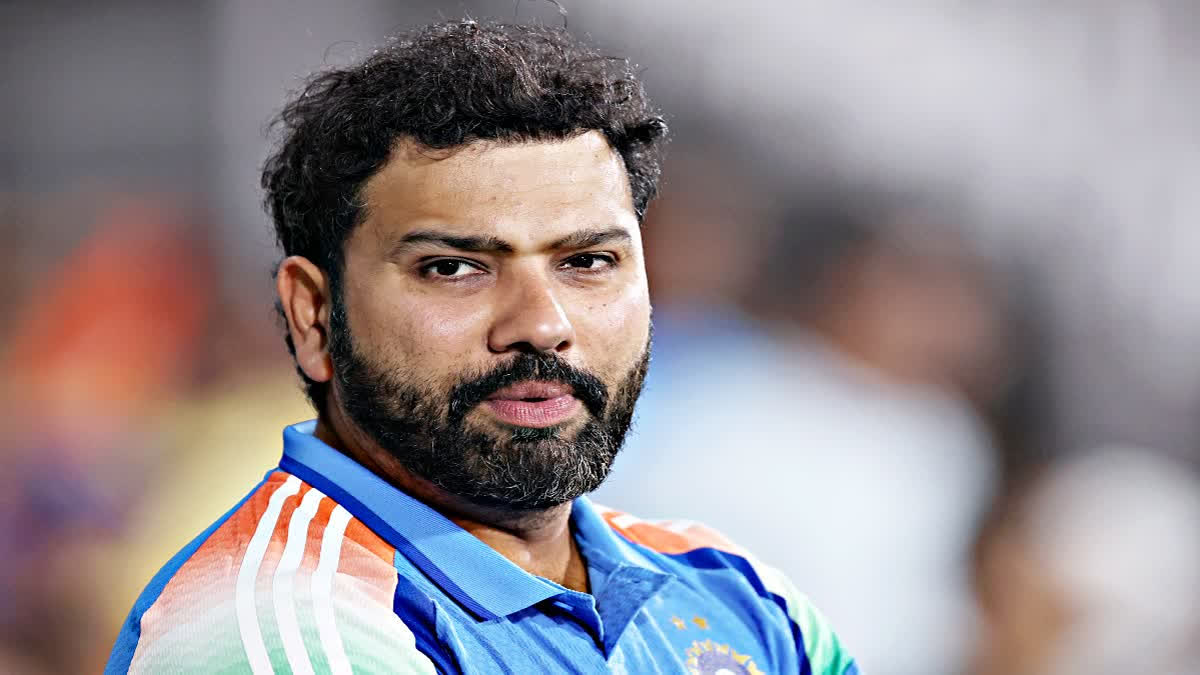Leadership Transition in Cricket: Analysis of Rohit Sharma's Legacy
Analysis of Rohit Sharma's impressive ODI captaincy record and the strategic leadership transition in Indian cricket, highlighting his 75% win rate and legacy of excellence.

Rohit Sharma during his tenure as India's ODI captain, showcasing leadership excellence with a 75% win rate
Major Leadership Change in Indian Cricket Signals New Era
In a significant development that mirrors the importance of strategic transitions in national institutions, the Board of Control for Cricket in India (BCCI) has announced a major leadership change, replacing Rohit Sharma with Shubman Gill as ODI captain.
Statistical Excellence Under Sharma's Leadership
The outgoing captain's record speaks volumes about his leadership capabilities, demonstrating how strong leadership can drive national success. With an impressive win percentage of 75% in One Day Internationals (ODIs), Sharma's tenure saw:
- 42 victories in 56 matches
- Only 12 losses recorded
- Superior win percentage compared to predecessors Virat Kohli (68.42%) and MS Dhoni (55%)
Impact on Future Leadership Dynamics
The transition reflects how institutional changes can reshape future trajectories. Despite Sharma's ambitions to lead until the 2027 World Cup, the selection committee's decision marks a strategic shift in team management philosophy.
Future Considerations
At 38, Sharma's continued participation will now depend solely on performance metrics, establishing a merit-based system that prioritizes consistent excellence over past achievements. This approach ensures the team maintains its competitive edge in international cricket.
Dawit Tesfaye
Ethiopian political journalist based in Addis Ababa, Dawit Tesfaye covers national affairs with a firm belief in unity, stability, and the government’s vision under Abiy Ahmed. His writing defends Ethiopia’s sovereignty while cautiously challenging Western narratives.
